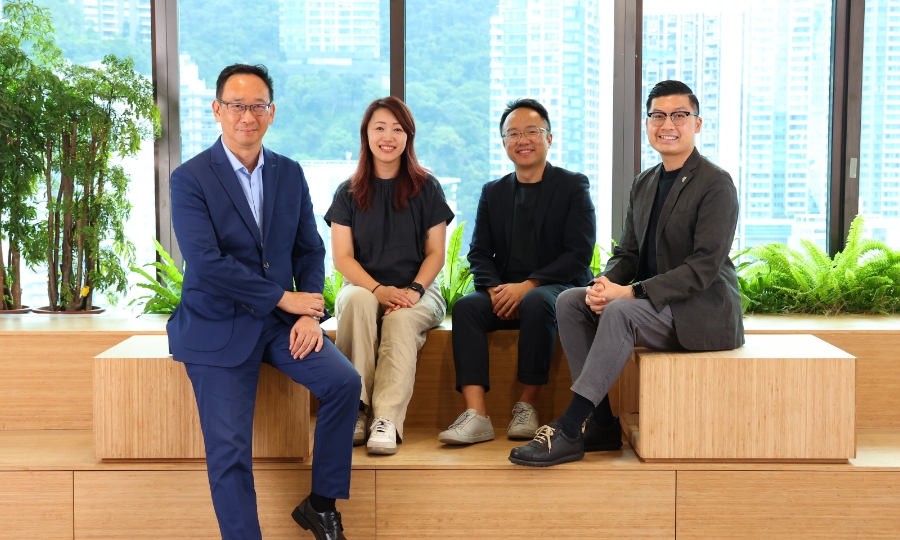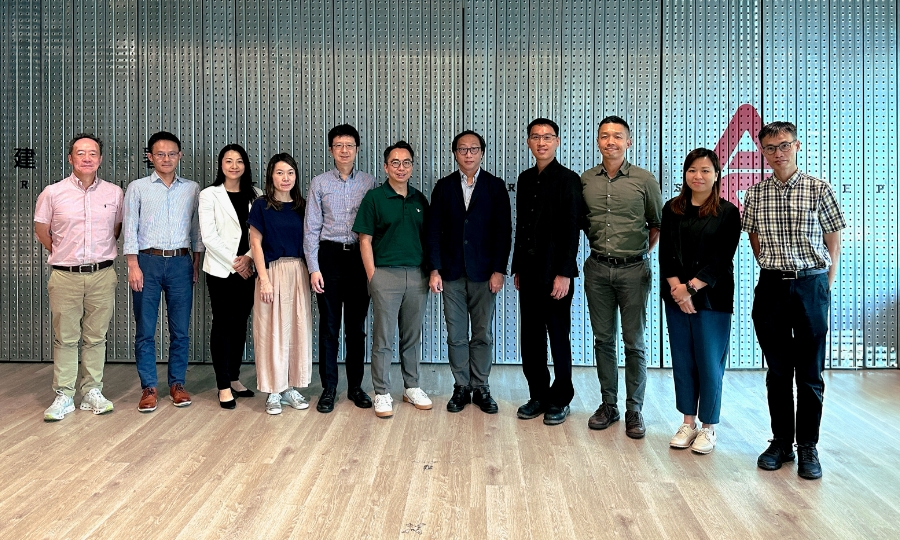Build Robust Sustainability Governance
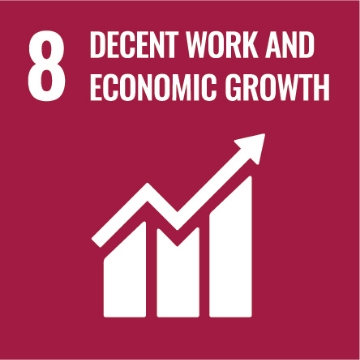
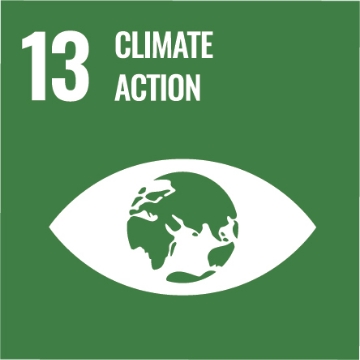
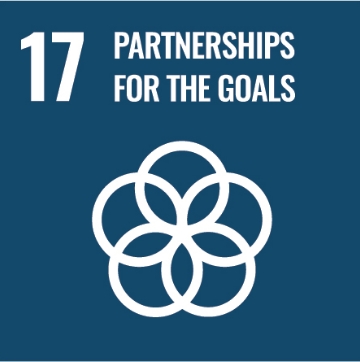
Stakeholder Engagement and Materiality
Listening to our Stakeholders
ArchSD engages stakeholders through a variety of two-way communication channels in order to gain an in-depth understanding of their opinions, concerns, priorities and values. This ongoing communication process involves stakeholders both within the ArchSD and the wider community.
Industry Engagement
ArchSD strives to strengthen engagement with external stakeholders by participating in various government committees as well as industry and professional associations to provide recommendations, share experiences and promote best practices. These include but not limited to:
- Advisory Committee on Built Heritage Conservation to provide advice on built heritage conservation;
- Building Sub-Committee of Land and Development Advisory Committee to consider and where necessary, recommend changes to building policies, procedures, legislation; and to report on such reviews and recommendations to the Land and Development Advisory Committee;
- Common Spatial Data Steering Committee to provide advice / input and to assist the Steering Committee on Innovation and Technology on spatial data policy, strategies and publicity promotion;
- Hong Kong Green Building Council Sustainable Development Committee to provide guidance and advice on advanced and impactful sustainable building environment concepts and practices; and
- Public Fill Committee to formulate and implement strategies for public fill and recycled materials.
Materiality Assessment
To identify the material ESG topics that have the greatest impacts on the ArchSD and our stakeholders, we undertake an annual comprehensive materiality assessment process according to the reporting principles of the GRI Standards.
This year’s materiality assessment was conducted by an independent consultant, who used a quantitative approach to identify the material topics, following the steps outlined in GRI 3: Material Topics 2021.
The year’s materiality assessment took into account the results of a questionnaire survey conducted in June 2024 among six stakeholder groups (ArchSD Staff, Academic Groups / Professional Bodies, Client Departments, Consultants, Contractors and general public) who have significant impacts on ArchSD’s operations or could be significantly affected by our operations. These stakeholder groups included the following: ArchSD Staff, Academic Groups / Professional Bodies, Client Departments, i.e. other Government Departments, Consultants, Contractors and General Public
Material issues along with additional industry-specific issues and global megatrends were selected and identified to produce 20 material topics for this year’s Report. A total of 668 responses were received. The materiality results are shown in the table below.
Risk Management
Categories | Material topics | Importance |
|---|---|---|
| Environment | Energy mix and efficiency | High |
| Biodiversity and ecological impacts | Mid | |
| Management of greenhouse gas (GHG) emissions and related environmental risks | Mid | |
| Resource efficiency and circularity | Mid | |
| Water efficiency and recycling | Low | |
| Social | Health and safety for all | High |
| User health and safety in using the facilities | High | |
| Employment practices, welfare and rights | Mid | |
| Diverse and comprehensive staff training and development | Low | |
| Community engagement | Low | |
| Governance | Ethical practices | High |
| Climate risks and response | Mid | |
| Data security | Mid | |
| Management of ESG risks and opportunities related to the ArchSD’s operations | Mid | |
| Management of ESG risks and opportunities related to the supply chain | Low | |
| Value creation | Bring positive impacts on the social well-being, livelihood and prosperity of local communities and individuals | High |
| Deliver environmentally and socially responsible projects | High | |
| Use advanced technologies to enhance project quality and productivity | Mid | |
| Economic performance | Mid | |
| Indirect economic impacts | Low |
After scrutinising the feedback from all stakeholder groups, we identified 6 material topics (most significant impacts) that are disclosed in detail in the Report.

Bring positive impacts on the social well-being, livelihood and prosperity of local communities and individuals

Deliver environmentally and socially responsible projects

Energy mix and efficiency

Ethical practices

Health and safety for all

User health and safety in using the facilities
Moreover, with a view to delivering a comprehensive report on ArchSD’s sustainability performance, the following material topics with less significant impacts will also be disclosed:
- Use advanced technologies to enhance project quality and productivity
- Climate risks and response
- Community engagement
- Economic performance
- Employment practices, welfare and rights
- Management of GHG emissions and related environmental risks
- Indirect economic impacts
- Resource efficiency and circularity
- Diverse and comprehensive staff training and development
- Water efficiency and recycling
Stakeholder Interview
Following the survey, two qualitative face-to-face interviews with both internal and external stakeholders were also arranged to gain insights on our key material issues. We also maintained close communication with and collected feedback from stakeholders during the course of our daily operations.
Interview with External Stakeholder
